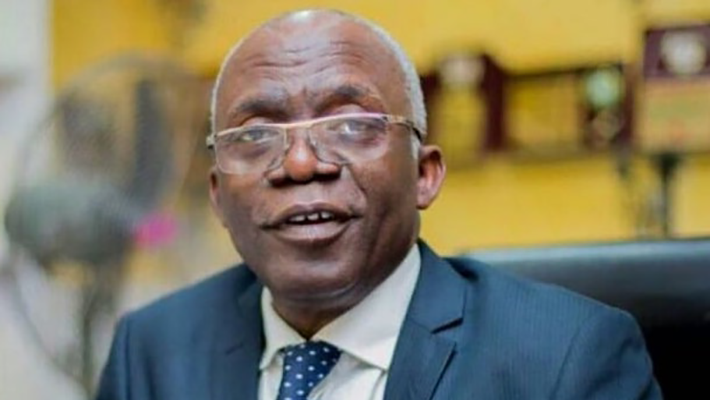Human rights lawyer Femi Falana, SAN, has strongly condemned the gifting of houses to judges by the Minister of the Federal Capital Territory (FCT), Nyesom Wike.
In October 2024, Wike launched the design and construction of 40 judges’ quarters in the Katampe District of Abuja, sparking controversy over the ethical implications of the initiative. Critics argue that such gestures could undermine judicial independence.
Speaking on a programme on Channels Tv, Falana argued that it is improper for the executive to provide gifts, such as houses, to members of the judiciary, particularly judges.
“The Minister of the Federal Capital Territory operates like a state governor under Section 299 of the Constitution. Therefore, he cannot unilaterally decide to build houses for judges across various courts—whether for the Federal High Court, Court of Appeal, or Supreme Court,” Falana said. “As a minister, his budget should be limited to the administration of the FCT alone. He has no authority to give out gifts of houses or cars to judges.”
Falana also pointed out the potential conflict of interest this creates, noting that the judiciary is supposed to be independent. “When you have cases before these courts, the principle of equality before the law dictates that judges must not appear to be recipients of gifts from parties whose cases they are adjudicating,” he added.
The senior lawyer stressed that the Constitution guarantees judicial autonomy, ensuring that judges do not need to rely on the executive for personal benefits like housing. He further emphasized that the judiciary’s financial autonomy enables it to manage its own budget independently.
In addition to his concerns over the housing project, Falana also criticized Wike for the demolition of private properties in the FCT, describing it as “primitive” and a violation of the law. He pointed out that demolitions should follow due process under the Urban and Regional Planning Act, which mandates that disputes over property breaches must be addressed by the Urban and Regional Planning Board before escalating to higher courts for a demolition order.
Wike defends housing project for judges
In response to the criticism, Minister Wike denied claims that the housing project was intended to gain political leverage over judges. He clarified that the construction of homes for judges was not his policy but part of a broader welfare package initiated by President Bola Tinubu to promote judicial independence.
Wike explained during a media chat on Wednesday, “President Tinubu recognized that judges did not have proper homes and could be vulnerable to political manipulation. To ensure their independence, he decided that judges should have their own residences.”
He further clarified, “I am not the one who proposed this project; it was part of the 2024 budget approved by the National Assembly. My role is simply to implement the policy that the President has put forward.”
Wike insisted that the project had received the necessary approvals and was in line with the federal government’s efforts to safeguard the independence of the judiciary. “The Federal Executive Council approved the contracts, and it is not my personal policy. I am just carrying out the mandate given to me by the federal government,” he said.


